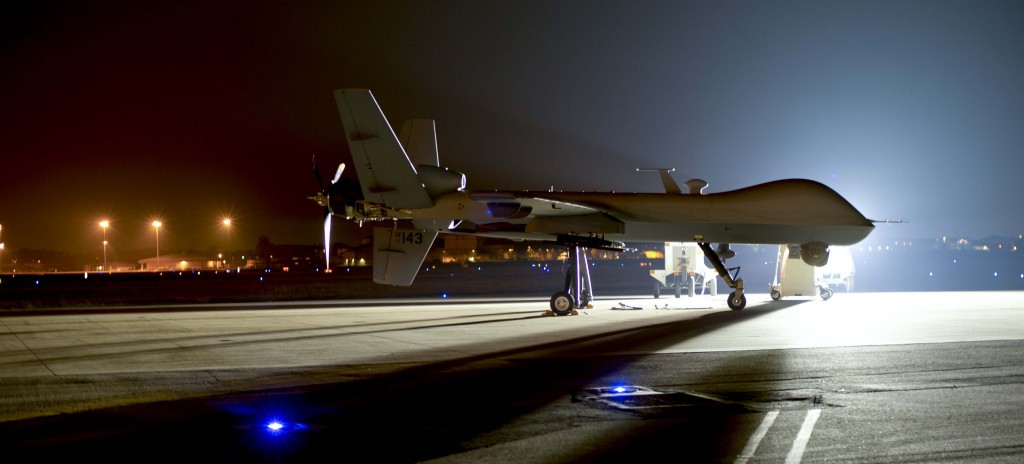Freedom of Information case step towards accountability for victims’ families

Airwars is to challenge the Ministry of Defence and the Information Commissioner at a tribunal over the refusal to release basic information about the sole civilian the UK accepts killing in the war against the Islamic State, it announced on Wednesday.
During the eight years of the UK’s contribution to the Anti-ISIS Coalition in Iraq and Syria, British aircrafts dropped more than 4,300 munitions, and the Ministry of Defence claims to have killed more than 4,000 ISIS militants. Yet the strike on March 26, 2018 remains the only time the UK government has officially accepted harming civilians.
Then Minister of Defence Gavin Williamson told parliament in May 2018 that “during a strike to engage three Daesh fighters, a civilian motorbike crossed into the strike area at the last moment and it is assessed that one civilian was unintentionally killed.”
But an Airwars investigation with The Guardian yesterday revealed major questions about the Ministry of Defence’s version of events. It concluded:
Last month a related Airwars investigation with The Guardian revealed British links to strikes that the coalition accepted killed 32 civilians. These investigations have laid bare the UK’s deeply flawed civilian harm monitoring mechanisms and shown the importance of transparency about their policies.
After years of refusal by the Ministry of Defence to discuss the March 2018 incident, in 2021 Airwars’ head of investigations Joe Dyke filed a Freedom of Information request seeking details about the location of the strike and documents outlining how the determination that the victim was a civilian was reached.
The MoD has rejected dozens of other well-documented allegations of civilian harm caused by its airstrikes – including three in which the coalition concluded civilians were killed. It has repeatedly refused to reveal details of the mechanism by which it decides whether its strikes killed civilians.
For two years the MoD has employed lawyers to fight the release of the information requested, arguing that it could jeopardise national security, relations with friendly nations, and put the security of individual staff at risk. Much of the evidence it uses to justify this claim is secret.
The MoD’s position is difficult to understand in light of the release by the United States of 1,300 documents of the exact kind requested. These were given to Azmat Khan of The New York Times after a freedom of information request. Many offer granular details of strikes – including the desired target and even chat logs between drone pilots.
The Dutch government has also made significant steps towards transparency and last week released the geo-coordinates of more than 600 airstrikes in Iraq and Syria.
“These are vital questions both for the British public, and for the civilians in Iraq and Syria who have been affected by British actions,” Emily Tripp, Airwars’ director, said.
“While most comparable militaries, including the UK’s closest allies the United States, are moving towards more transparency and accountability for the unintended civilian impact of their actions, the UK is going the other way.
“The Ministry of Defence remains a black box.”
Airwars will be represented by Leigh Day solicitors and barrister Will Perry of Monckton Chambers.
“Our clients are concerned with a fundamental lack of transparency in how the UK assesses the risk to civilians of its air strikes before they are carried out, as well as how it investigates and assesses civilian harm after the event,” Erin Alcock of Leigh Day said. “Transparency in cases of civilian harm is vital to ensure accountability.”
The Tribunal appeal is due to come to a head later this year, when a panel will be asked to decide whether the British public has the right to know anything more about the assessment processes relevant to the case of the one civilian the UK accepted killing in nine years of war.
You can support Airwars’ work via our Paypal account